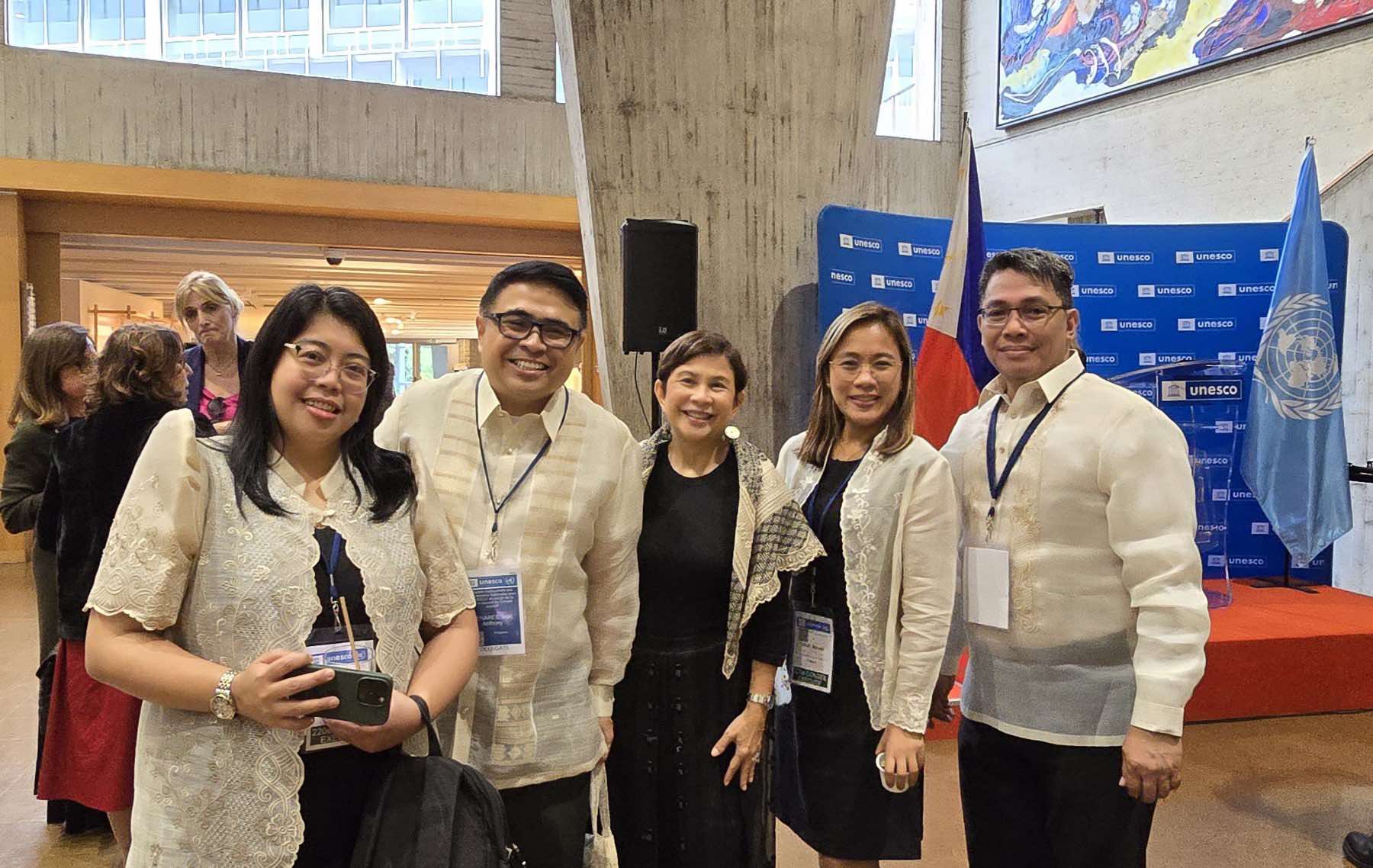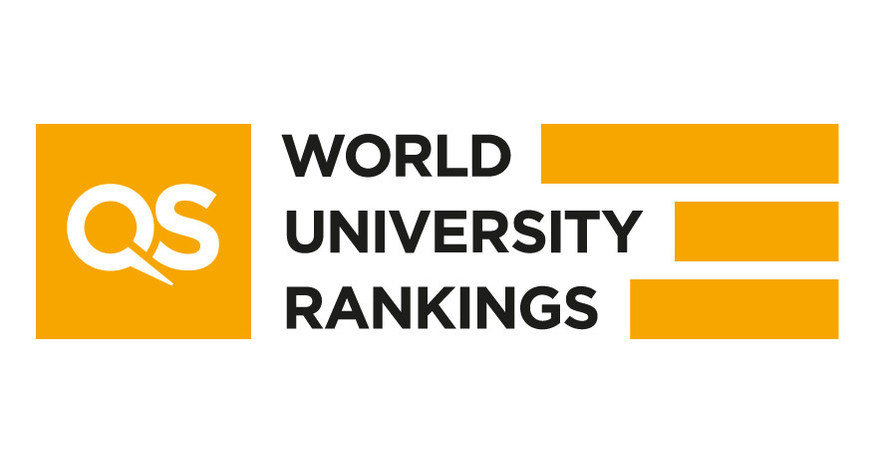The Academic Heads from the FEU Group of Schools gather for a two-day Leadership Summit in Pampanga. Photo from Dr. Rowena Capulong Reyes
True leadership plays a vital role in providing direction, vision, and creating an environment that is not just conducive for the students, but most importantly in practicing good governance through collaboration among its members.
Hence the Far Eastern Leadership Summit held last Feb. 27 and 28 at the Colegio de Sebastian, San Fernando, Pampanga gathered the academic leaders from the FEU Group of Schools to attend the remarkable two-day event wherein these members from the FEU Academic Council of Manila, the Academic Executive Heads of FEU Roosevelt, FEU Cavite, FEU Senior High School, the Academic Heads of JCHS Brunei, Good Samaritan College of Health and Sciences, and Colegio de Sebastian to share their knowledge and expertise in terms of defining the true significance of leadership in FEU through plenary discussions.
Among the speakers during the first day of the conference were FEU Cavite Executive Director Dr. Myrna Quinto who conversed about the traditional learning paradigms used in FEU, Senior Vice President for Academic Affairs Dr. Maria Teresa Trinidad Tinio who talked about “Progressive Leadership Styles Beginning 2012 and Thereabouts,” and Director for General Education Joseph Jintalan who discussed about student-centered learning and how it is related to leadership.
On the second day, Institute of Health Sciences and Nursing Dean Dr. John Yason spoke about the importance of moral support, while FEU HS Executive Director Dr. Gene Pamittan discussed how valuable the stakeholders’ perspectives and experience are in managing an institution. IABF Dean Dr. Enrique Lozari shared his narratives of Data-driven Leadership, while FEU Roosevelt Senior Vice President Dr. Alma De La Cruz talked about how substantial leadership is to service.
In the realm of corporate ethics and data-driven leadership, the distinction between management and leadership is paramount. Dean Ricky Lozari’s discourse shed light on this disparity, emphasizing the essence of steering organizations toward desired results though ethical leadership practices.
Management is often associated with the execution of tasks and the achievement of set objectives. It involves the efficient allocation of resources and the supervision of operations to ensure smooth functioning. However, leadership transcends mere management, as it involves inspiring and motivating individuals toward a common vision, fostering innovation, and instilling ethical principles on decision-making processes.
Dean Lozari underscored the importance of ethical and data-driven leadership by highlighting that it is not just about doing things right but, more importantly, about doing the right things. This distinction is crucial in navigating complex ethical dilemmas and ensuring organizational actions align with moral values and societal expectations. Ethical leaders prioritize integrity, transparency, and accountability, setting the tone for ethical behavior across all levels of the institution.
His insights served as a reminder that leadership is not just about achieving results, but about doing so ethically and responsibly.
As the institution navigates the complexities of the modern business landscape, ethical leadership remains essential for building trust, social cohesion, driving innovations and creating value for all stakeholders as it emphasizes favorable outcomes that would contribute to long-term sustainability and fosters a culture of continuous improvement.
This summit helped improve not just leadership skills but also hone and expand one’s capacity for effective decision-making, communication, and conflict resolution. It also acted as a potent catalyst to bring leaders together, solve issues, implement fresh tactics, and foster cooperation throughout the whole FEU community.
Also as the field of education rises from the effects of the global pandemic and goes through various strategic planning in coping with certain challenges, it is evident how important the role of leaders is for educational institutions.




